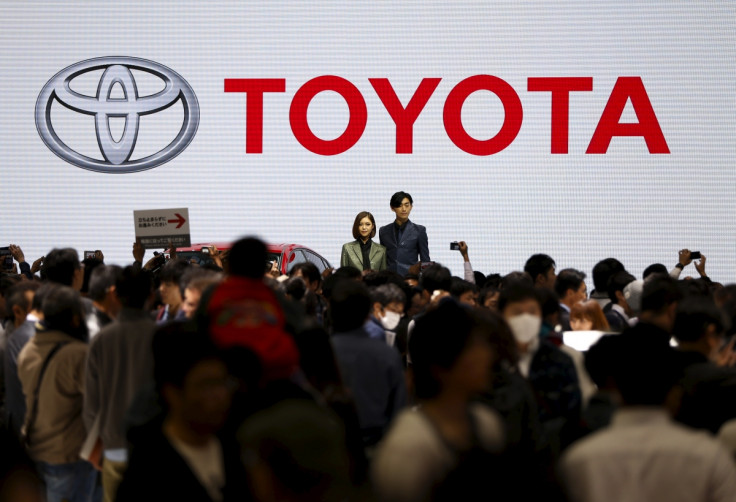Toyota's next-generation electric cars to charge in just a few minutes
Solid-state batteries hold the key to charging cars as quickly as refueling.

Toyota is working on a next-generation electric car powered by a new type of battery which will mean improved range and significantly reduced charging times compared to today's vehicles.
By using solid-state batteries instead of the lithium-ion cells used by the likes of Nissan, Tesla and BMW today, Toyota believes it can achieve a longer range than current electric cars, while cutting recharge time from almost an hour to just a few minutes.
But, according to a report by Japanese daily newspaper Chunichi Shimbun, cited by Reuters, Toyota is still several years away from making these cars available to the public. The report claims the firm's first solid-state battery powered cars will arrive in 2022, going on sale in Japan first.
Toyota will be looking to use the new battery technology to leapfrog its rivals, who, in the form of Tesla at least, have already accelerated away.
The Japanese firm's traditional rivals are also poised to strike, with Nissan, General Motors, BMW and the Volkswagen Group, which is made up of Audi, VW, Porsche, Skoda and others, all preparing to launch electric vehicles before the end of the decade.
Meanwhile, Toyota has ploughed money into the development of hydrogen-powered vehicles, like the Mirai. While many claim hydrogen fuel cells powering electric motors will be the eventual replacement to the internal combustion engine, the electric car charging infrastructure has grown much more quickly than a hydrogen refueling network. In the UK, for example, there are just a handful of hydrogen fueling stations, compared to the thousands of electric charging points.
BMW is also looking at solid-state batteries for future electric vehicles, with plans to prepare the technology for mass production in the next 10 years.
© Copyright IBTimes 2025. All rights reserved.






















